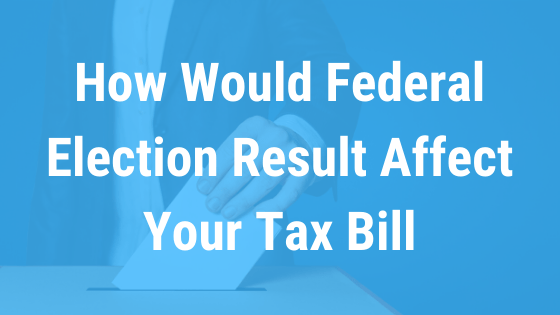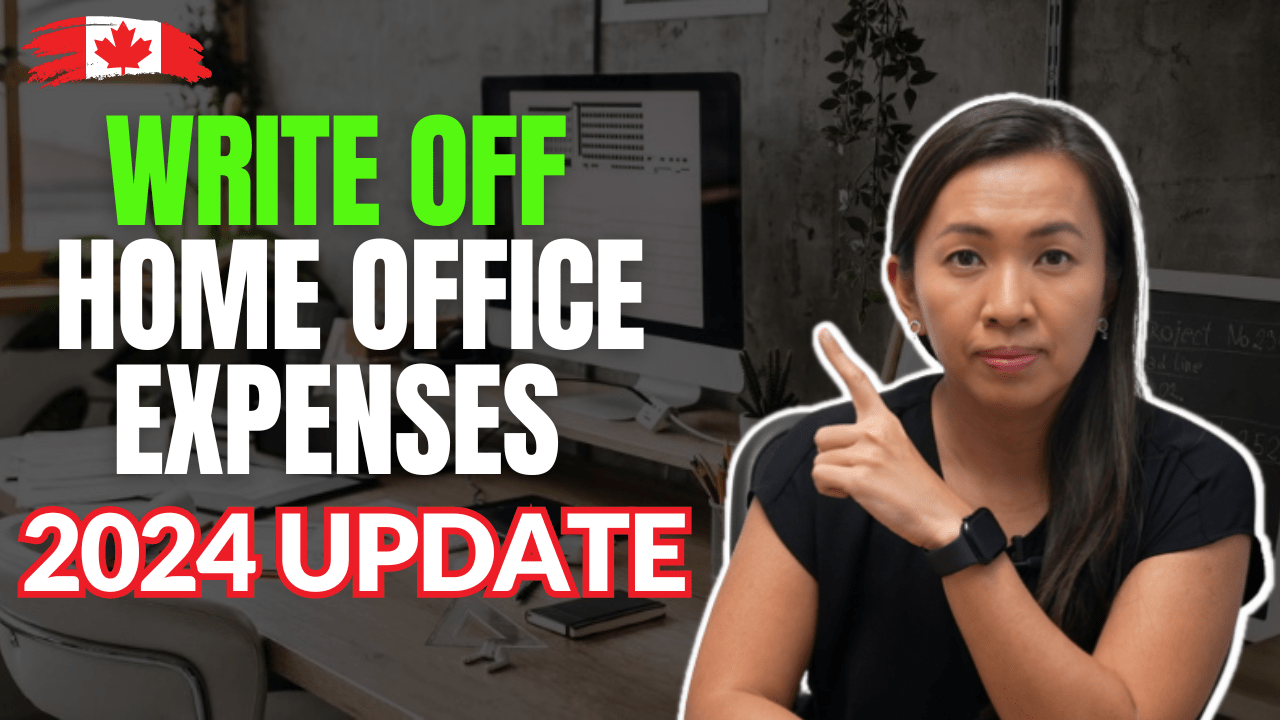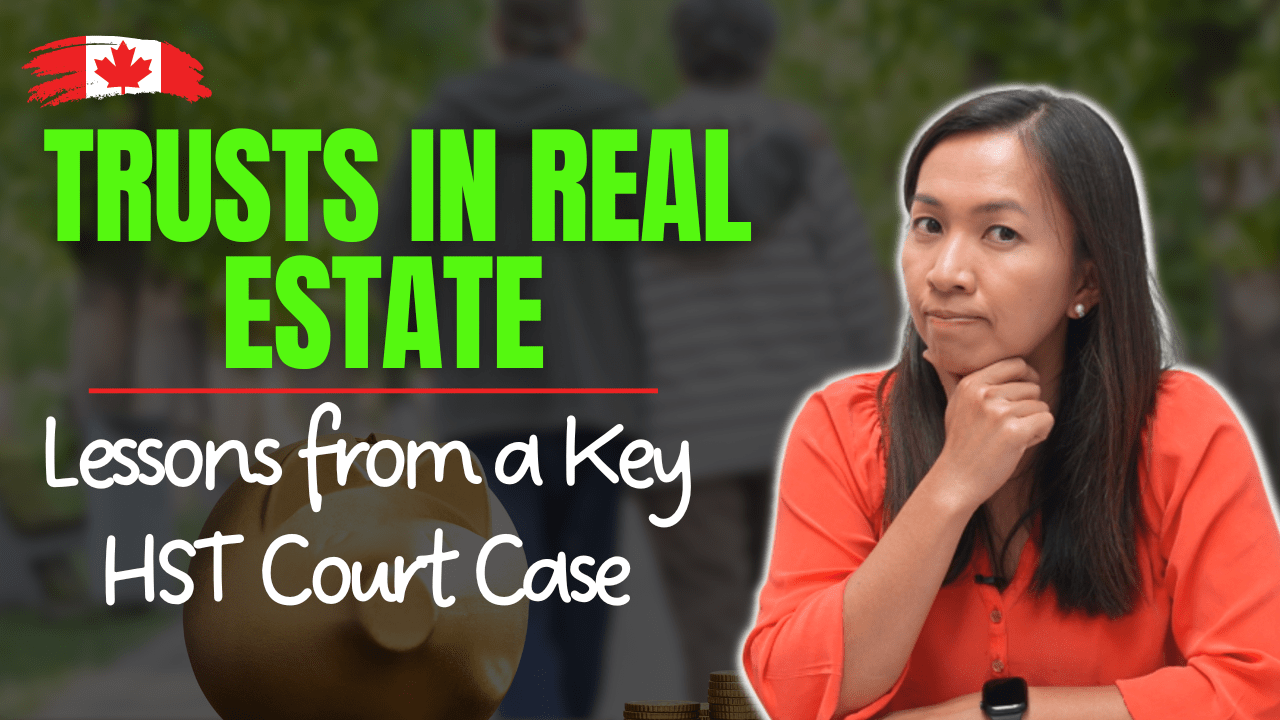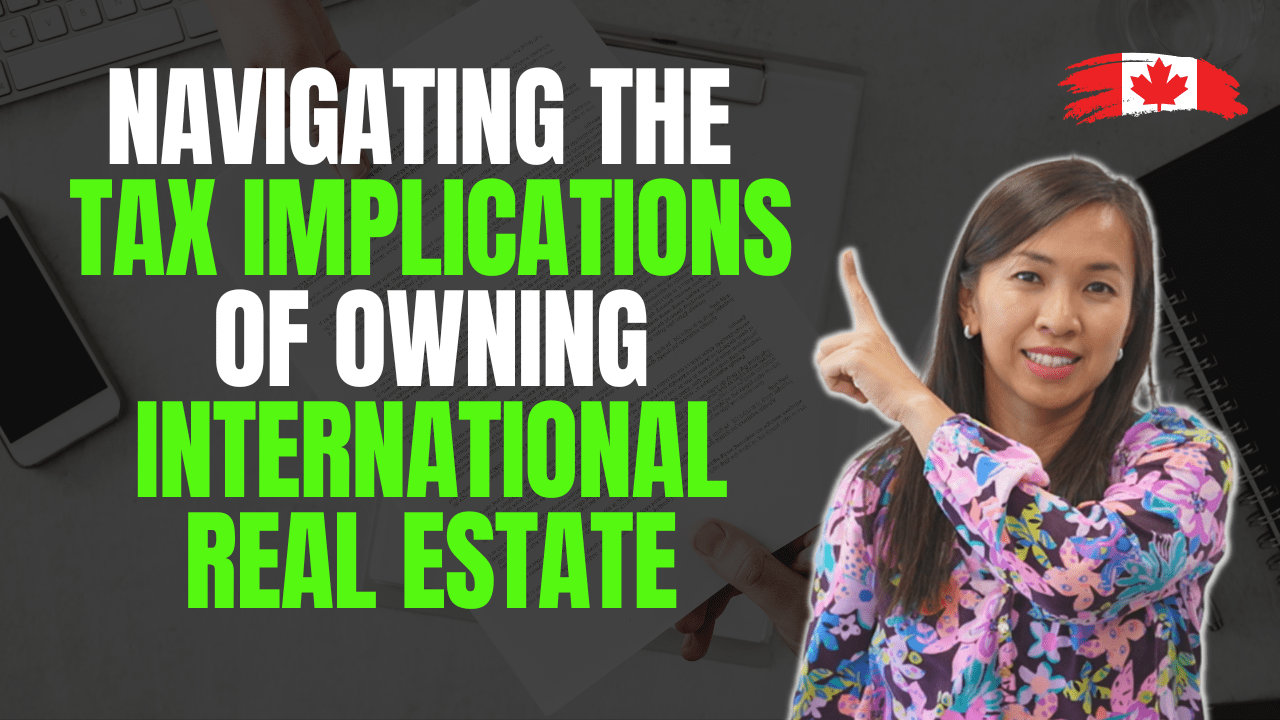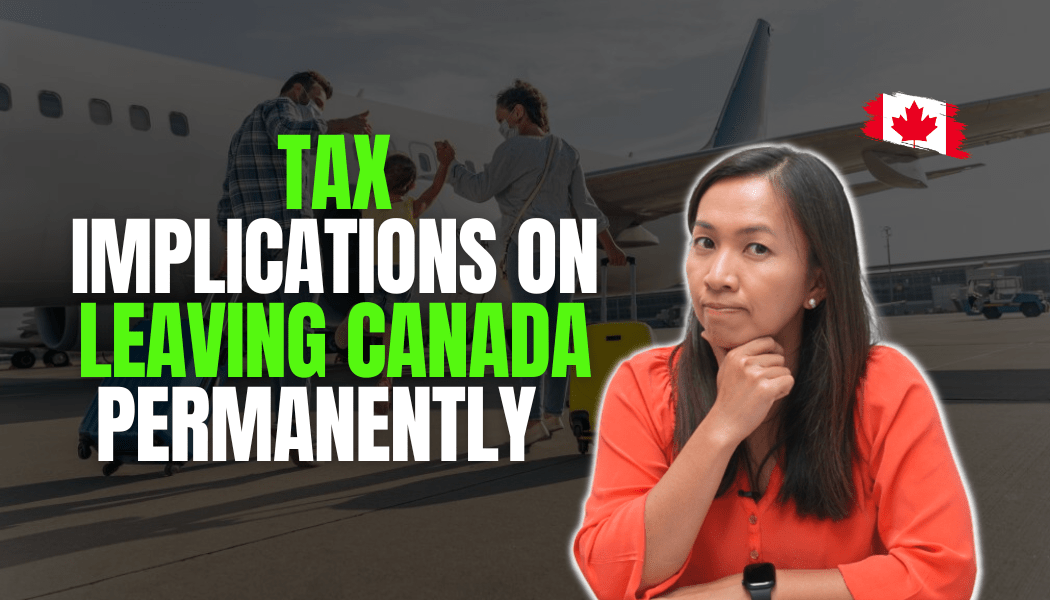It’s been a crazy few weeks here at my office. Between finalizing the Wealth Hacker Conference program and presentation for the day, to presenting at a few events, it’s was a hectic month.
One of the presentation topics was how the Federal election result affect our tax bills.

Justin Trudeau’s Liberal party campaigned on quite a few spending and tax cuts.
This include a broad tax cut that every one is entitled to (well, almost everyone except what the Liberal government deems to be the rich).
Personal tax exemption is increased from $13K to $15K.
What does that mean?
Everyone in Canada is entitled to receive income up to $13K without tax. The first $13K of your personal income doesn’t subject to personal tax.
Liberal Party is promising to increase the personal tax exemption amount from $13K to $15K.
They also claimed that this would give an average family of tax saving $600.
BUT…
This is only available for taxpayers earning less than $147K.
If you make more than $147K, this tax saving will be gradually eliminated when your income is over $220K. 
They will also increase spending…
They are planning to increase old age security amount by 10% for seniors over the age of 75.
They will also increase spending on health care and childcare benefits for parents with a kid under the age of 1.
Justin Trudeau’s government would also provide some more help to Canadians who are buying their first home in Canada’s largest cities and taxpayers who are looking to buy used electrical cars.
What’s the price tag of all these spending and tax cut? It works out to be about $57 billion.
Where would this money be coming in from?
Well, they have identified about $25B of savings from the internal spending review and tax increase that will be imposed on large corporations and wealthy individuals.
So… $57 billion of increase spending, only $25 billion of increase revenue, that is just about $32 billion of deficit.
Who’s going to fund this deficit?
Liberal government has no real plan to balance their budget in the near future. Balanced budget means that our government spend within their means. Their expense is more or less below the tax revenue that they receive.
They would want us, average Canadians, to evaluate their performance using a different measuring stick.
Instead of using a balanced budget as the measuring stick, they would like us to use the new measuring stick, i.e. the net debt to gross domestic product (GDP).
For those of you who don’t know, gross domestic product is the production output Canada produces as a whole on an annual basis.
Net debt to gross domestic product measures the country’s ability to pay back its debt.
The “new normal” is that if we can maintain the ratio between net debt and GDP to about 30% and have it trending downward, our government feels that’s good enough.
I’m not an economist, just a simple accountant.
Maintaining a balanced budget is a much simpler way to measure how well the government is managing money.
You spend less than what you earn. Easy to understand.
If there’s one thing that I learned from the current economic situation, it is that we can stop worrying about things we can’t control in our lives.
Politics are something we can’t control.
But if we want to create wealth and pay less tax, it’s time to look into ways to maximize our benefits that we will receive from the government, AND invest smartly (invest in things that would pay you most tax efficiently) and plan ahead to pay least amount of taxes.
Until next time, happy Canadian Real Estate Investing.
Cherry Chan, CPA, CA
